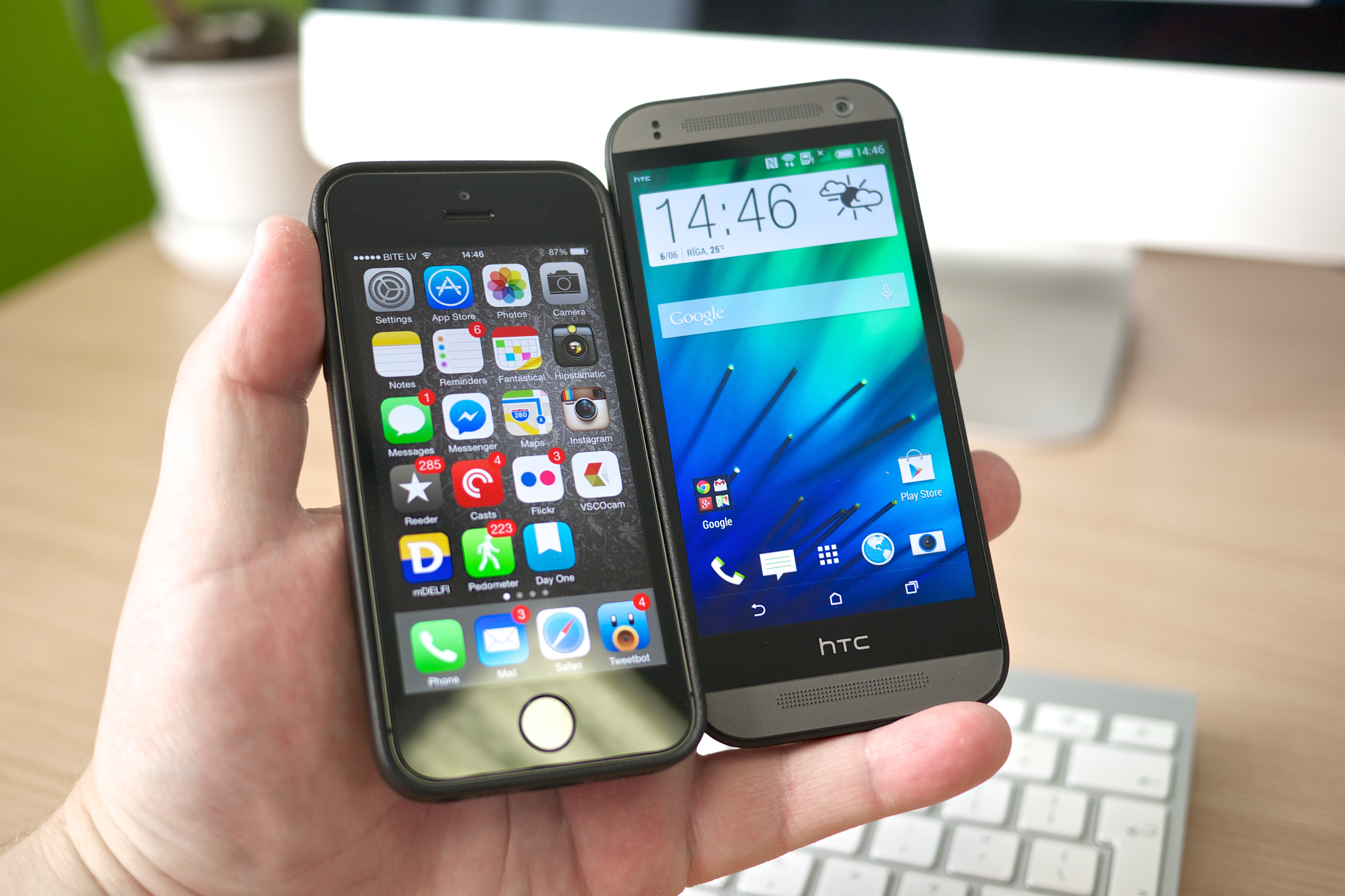WASHINGTON — People may not notice a dollar or two on phone bills that often top $100 or more. But a Senate investigation released Wednesday said deceptive or unauthorized fees come at a big cost to consumers.
“Consumers still do not understand that their bills still contain things they never actually bought,” said Sen. Richard Blumenthal, a Connecticut Democrat. “It is an unwelcome surprise that they have trouble getting refunds.”
“Third-party billing” or “cramming” relies on confusing telephone bills to mislead customers into paying for services – such yoga apps or psychics – that they did not authorize or receive, or that cost more than the customers thought, according to theFederal Communications Commission.
“Some consumers have prepaid accounts and do not receive bills at all, while others auto-pay their bills, and therefore may not routinely inspect them,” said Federal Trade Commissioner Terrell McSweeney.
An investigation done by the Senate Committee on Commerce, Science and Transportation found that cramming is a billion-dollar industry that not only benefits the “crammers” but also yields higher revenues for providers. The report said AT&T, Verizon, Sprint and T-Mobile retained between 30% and 40% of each third-party charge placed.
“I don’t think the telephone companies were happy or content that the crammers were defrauding their customers,” Blumenthal said, “but they almost certainly welcomed the revenue.”
The investigation noted that in California, the state Public Utilities Commission found that third-party billing cost Californian customers $495 million from 2011 to 2013. Of that, carriers refunded $60 million to customers. California is estimated by the commission to be about 10% of the U.S. wireless phone market.
In early July, the Federal Trade Commission filed a complaint against T-Mobile alleging the cell phone company placed unauthorized charges on bills by providing unclear descriptions of the charges. The complaint also said that T-Mobile failed to provide refunds after customers complained.
Cramming has been around for decades, beginning with landlines. The practice stopped on wirelines after a Senate committee investigation in 2011, but companies found ways of keeping up with technology and regulations, such as hiding fees in texts.
“They found ways to beat the system and have been relentless in doing so,” Blumenthal said.
Text messaging fees have largely been stopped, but there are new methods of cramming through digital content – apps, videos and songs – downloaded through app stores by methods called “direct carrier billing.”
“Placing an unauthorized, misleading or deceptive third party charge on a consumer’s wireless bill is wrong and simply not acceptable,” said Michael Altschul, senior vice president and general counsel of Cellular Telecommunications Industry Association.
Direct carrier billing increased 30% from 2009 to 2012, according to the Commerce, Science and Transportation Committee. Facebook and Skype use direct carrier billing, the committee said.
South Dakota Sen. John Thune, the top Republican on the committee, noted that third-party billing is not all bad.
“There are legitimate uses for this manner of billing. For instance, consumers can provide money to charity, support a political cause or download the newest song or app, and bill the purchase directly to their mobile bill,” Thune said.
The third-party billing practice will likely be picked up by more organizations, including news organizations, gaming companies and parking services, the CTIA said in a report.


